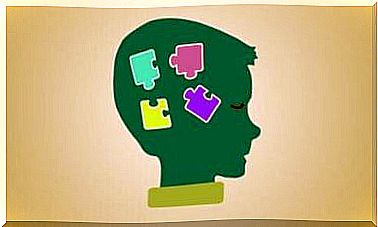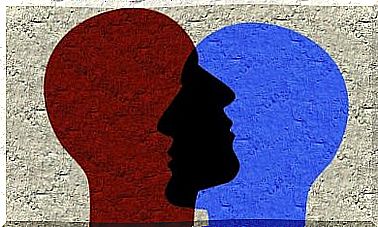Myths About Anxiety You Should Know
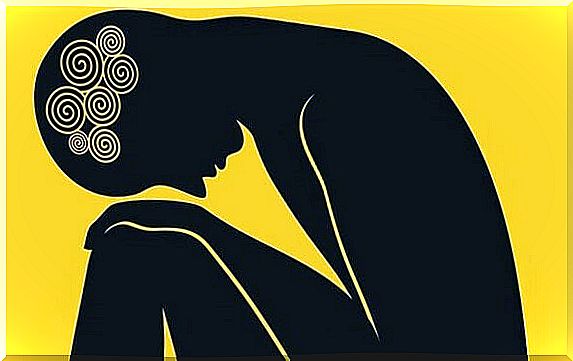
Even today some myths about anxiety continue to be considered valid which do not help those who live with this devil, with this entity that devours our calm and our vital balance. Nobody chooses their own evil, their own disorder or that black hole from which it is so difficult to find if the surrounding environment is not favorable or if they continue to hold wrong ideas as well as harmful.
In this present where new social movements continue to emerge that claim rights or try to give visibility to realities that until recently were confined to silence and repression, one has emerged that should not go unnoticed. Under the lemma of “I did not choose my disease” we try to emphasize the situation that many people who struggle with depression, bipolar disorder, post-traumatic stress, anxiety disorders, etc. live. People who, in some way, are blamed and held responsible, when in reality they have not chosen the suffering of which they are victims.
Adhering to this movement, giving it visibility and a voice is important. Firstly, because a large part of the population still continues to navigate the waters of absolute ignorance regarding mental disorders and illnesses. We cannot forget that the stigma and weight of prejudice is added to one’s ignorance.
None of this helps the person trying to get information about what is happening to them; What’s more, in many cases it becomes an obstacle to seeking help, due to the thought of “what will they say?”. In this way, certain vital states become chronic, which will cause a maximum degree of suffering, until it becomes totally disabling. None of this should be allowed or accepted. So, something as simple as knowing, clarifying terms and giving visibility to these realities can create more favorable environments.
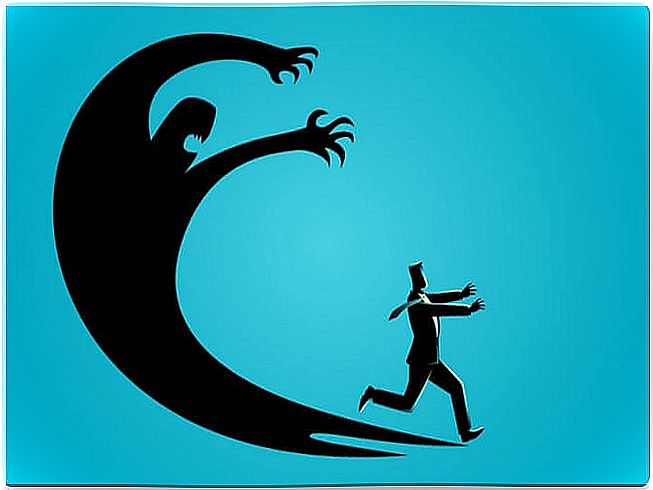
To do this, we present and debunk some common anxiety myths. Let’s see them together.
5 myths about anxiety
1. Anxiety is just a chemical imbalance
Today, there are still many health professionals who support the idea that anxiety responds solely to a simple chemical imbalance in the brain. This is a half-truth, or rather, an incomplete approach that we cannot take for granted.
The reason? We know that offering a patient a drug treatment to regulate the production of serotonin brings well-being to the person. However, the drug itself does not allow for complete or lasting healing. In many cases, the symptom recedes only during the consumption of the drug.
The idea that anxiety can only be resolved with chemistry is not always correct. We need more strategies to complement the treatment.
2. If my parents suffered from anxiety disorders, I will suffer too
This is another of the most common anxiety myths: blaming all our problems, diseases and ailments to genetic predisposition. It is not appropriate and it is necessary to correct the shot: there may be a greater risk, a probability, but never an absolute certainty. However, it is possible to take them into consideration as a form of precaution.
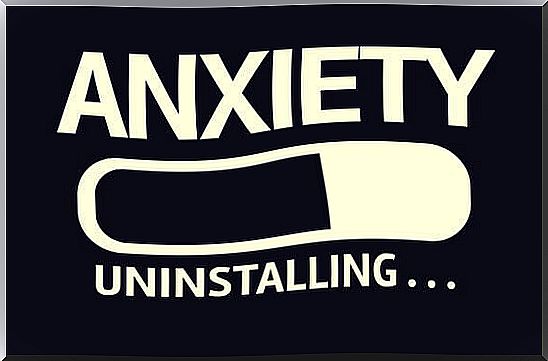
3. If I suffer from anxiety, it means that I am doing something wrong
Generalized anxiety disorder is one of the most common mental illnesses. The impact it has on a person’s life is immense, chaotic and exhausting. Thus, if others convey to us the idea that that suffering is my responsibility because “I do things badly”, this will increase my discomfort even more and the desire to find solutions will decrease.
First, let’s remember that anxiety is part of human nature. However, sometimes certain events, the surrounding environment, our past, our predisposition and the way we face and process our reality will determine a greater or lesser risk of developing this disorder.
4. I am an anxious person, anxiety is part of me and I cannot change it
This is undoubtedly one of the most recurring myths about anxiety. There are those who believe that anxiety is part of their personality and, therefore, there is nothing to be done, there will be no therapy or treatment that can remedy it. Think that it is, full stop. He identifies anxiety as part of his being, as an innate emotion of his personality.
We need to change our approach and take a more realistic, logical and optimistic view of anxiety and any other disorder. Anyone can integrate new thinking styles, manage their emotions better, change behaviors, habits and even re-program their brain to give it calm, to improve their way of seeing life …
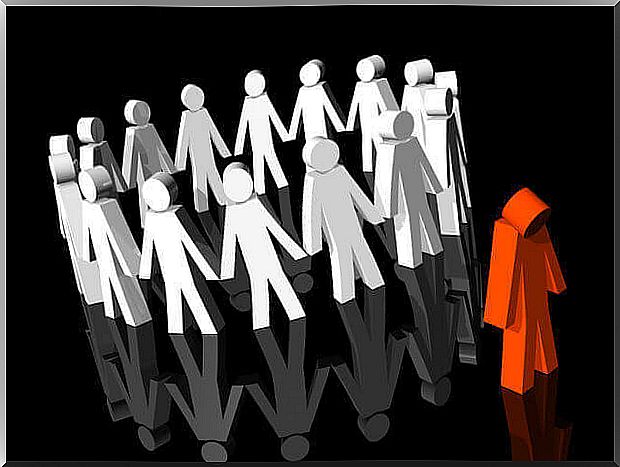
5. Deep relaxation can solve my anxiety disorder
Anxiety disorders don’t resolve themselves as if they were finding the solution to a puzzle – they need to be treated. The word “treatment” has various meanings that you need to know:
- It is an active work on the part of the psychologist and, above all, of the patient.
- Treatment involves the person learning a number of strategies to apply throughout their life, not just until they feel better. It is necessary to consolidate the state of recovery in order for it to continue.
- It is vital to understand that there is no single approach to treating anxiety. Treatment also means research, a combination of different strategies: deep relaxation, psychotherapy, behavior modification, meditation, sport, the practice of new pastimes …
To sum up, deep relaxation helps, but more than one resource must be used to achieve total and permanent recovery. It could be said that there will not often be times when we resort to multiple strategies in what is the journey to find what really helps, what truly allows us to calm despair, calm fears and manage our worries in a more effective way.
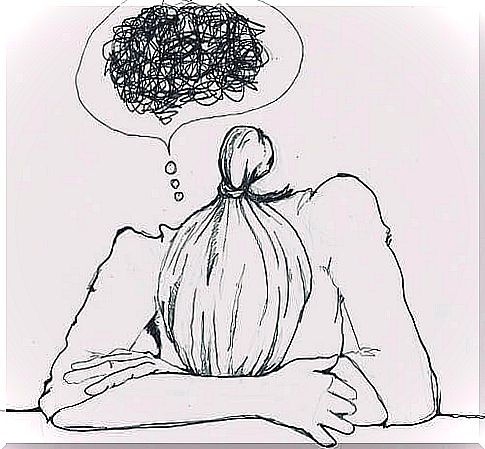
In conclusion, the myths about anxiety contribute to hinder the therapeutic work and the normalization of a disease that can be treated with excellent results. Let us not forget that, today, anxiety is considered as an epidemic and that it has a greater incidence in the younger population. It is therefore necessary to implement suitable prevention measures and facilitate strategies that allow us to understand that there is no reason why the mind should go faster than life.

